Filter By Category
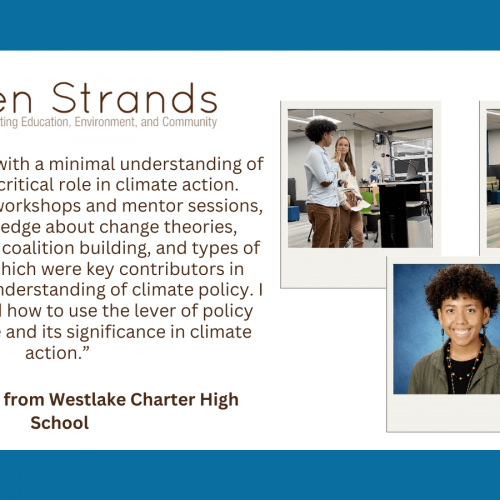
January 4, 2024 Newsletter
- ON
As we enter the new year with gratitude, we are excited to reflect on the inaugural California Youth Climate Policy (CYCP) Leadership Program. Launched in the summer of 2023 by Ten Strands, Sierra Club, and UndauntedK12, this initiative marked a...
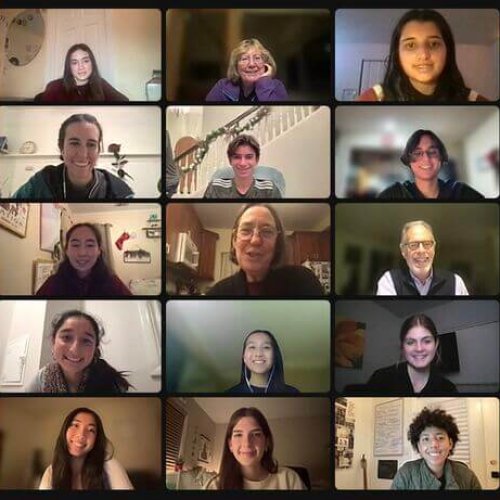
Empowering Youth Voices for Climate Action
- ON

December 21, 2023 Newsletter
- ON
As 2023 draws to a close, we reflect on how much has been accomplished and how much still lies ahead. Our deepest appreciation extends to the partners, advisors, and friends who help shape how we advance our mission. Together we’ve...

California Youth Climate Policy Leadership Program Graduates Inaugural Cohort
- ON
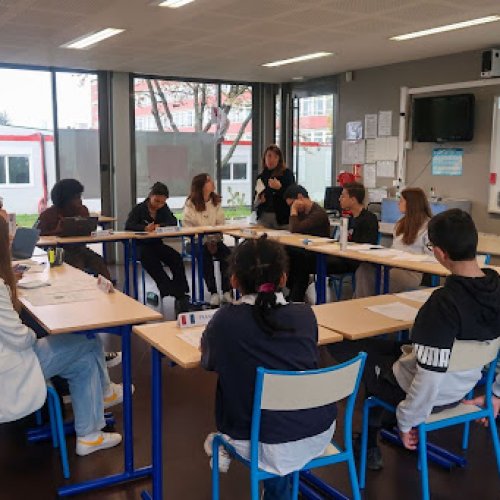
December 7, 2023 Newsletter
- ON
We’re delighted that COP28 is elevating the importance of education in solving the climate crisis! Learn about the integral role of the Office for Climate Education (OCE), established after the Paris Agreement ratification, a CA budget ask to leverage Federal...
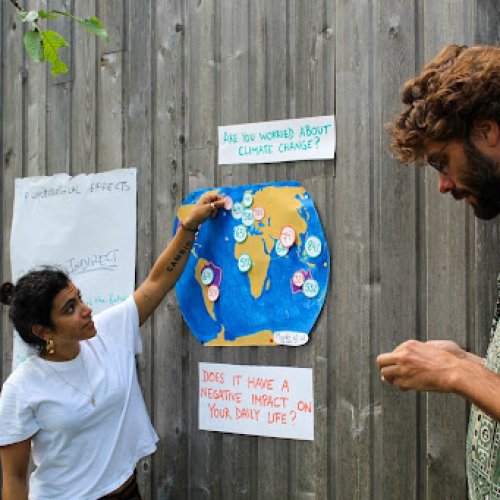
Empowering Educators, Transforming Perspectives: A Deep Dive into Climate Change Education and OCE’s Global Impact
- ON
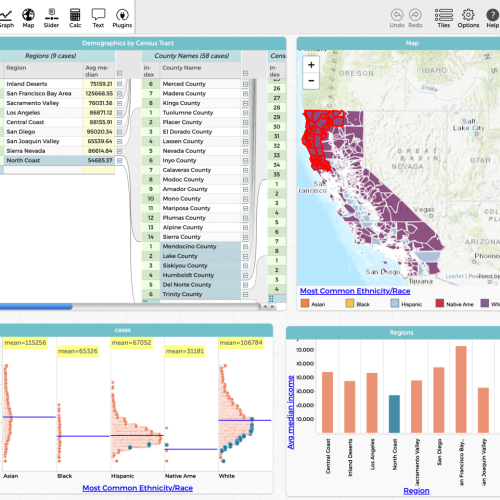
November 16, 2023 Newsletter
- ON
Learn about how Concord Consortium’s STEM education technology research and development expertise is shaping how California students will discern and synthesize data. This newsletter also shares an interview with a young climate leader and past Ten Strands Intern as well...
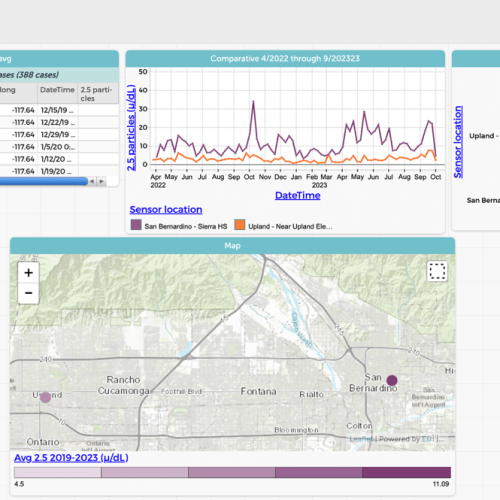
Modeling and Data Science Provide Insights for Understanding and Addressing Climate Change and Environmental Justice
- ON
